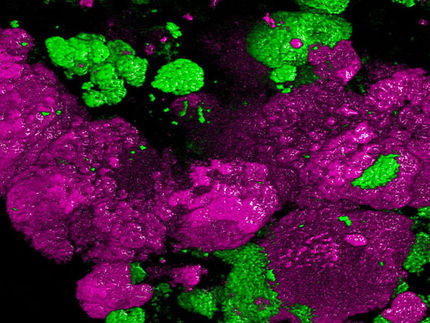Solved at last – why spinach makes us strong
Advertisement
nitrate, which is found naturally in spinach and other vegetables, has a powerful effect on muscle strength. Scientists at Karolinska Institutet have now uncovered how this happens by identifying two relevant proteins, the production of which is stimulated by the intake of nitrate. The study found that mice supplied with nitrate in their drinking water developed significantly stronger muscles – and this at doses obtainable from a normal diet.
The researchers divided the mice into two groups, one which was given nitrate in their drinking water for seven days and a control. While spinach and beetroot are two of the main sources of nitrate, it also occurs naturally in many other leafy vegetables, such as lettuce and chard. The quantity of nitrate that the mice received was roughly equivalent to that which a person would obtain by eating 200 to 300 grams of fresh spinach or two to three beetroots a day.
A week into the experiment the team examined different muscles on the mice’s legs and feet. They found that the mice that had been on consistent nitrate had much stronger muscles, the greatest effect being observed in the extensor digitorum longus muscle, which extends down the tibia, and the flexor digitorum brevis muscle of the foot.
Continuing their study, the researchers then discovered that the nitrate mice had a higher concentration of two different proteins in their muscles, which is assumed to explain the greater muscle strength. These two proteins, CASQ1 and DHPR, are involved in the homeostasis of calcium, a critical determinant of muscle contraction.
The teams now want to take their discoveries further and study how they can be applied to people with muscle weakness.




















































